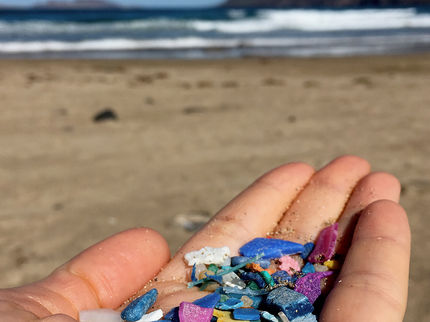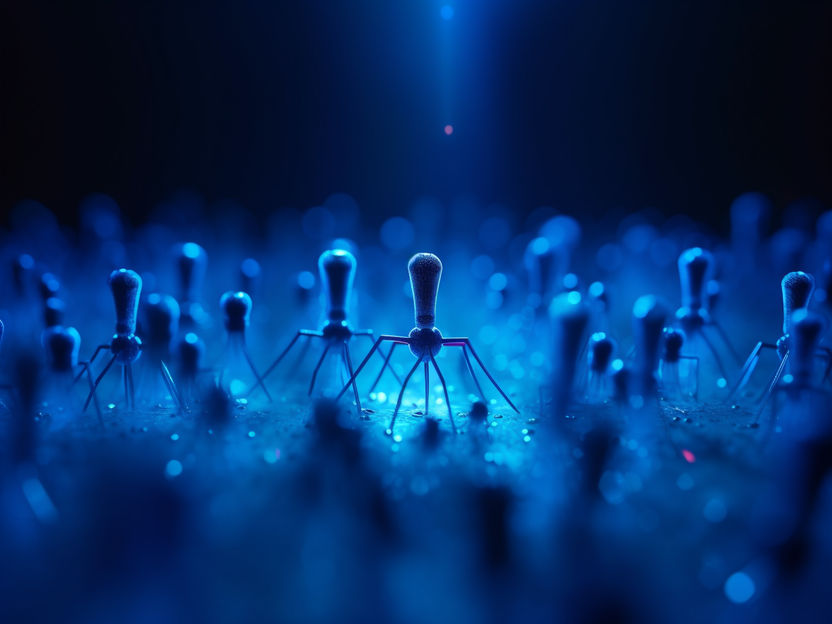Omnivorous bacteria can process plastic into food and clean oil-contaminated soils
Back in 1986 scientists from Tomsk State University (TSU) were working on the problems involved in cleaning up oil spills. This research lead to the discovery of oil-eating bacteria. Vladimir Kaluzhin, a senior research associate with the Research Institute for Biology and Biophysics at Tomsk State University, became interested in finding out how these microorganisms respond to other substances. After all, combinations of carbon bonds are the basis of all organic matter.
“We place different kinds of bacteria on organic matter and ensure special conditions. The bacteria that start consuming the organic matter and accumulating biomass become the main candidates for further selection,” said Vladimir Kaluzhin describing his research.
Kaluzhin’s bacteria consume oil waste, organic glass and even various different kinds of plastics, which are considered almost non-biodegradable in the environment. The scientist also identified microorganisms that eat copper sulfate, strontium, zinc, and other substances.
“Some substances, such as glucose, are consumed by all microorganisms. Some microorganisms can only consume a particular group of substances. Finally, some substances, such as petroleum, formaldehydes and creosol, can only be consumed by particular kinds of microorganisms,” Kaluzhin said.
Microorganisms grown at the Research Institute for Biology and Biophysics of Tomsk State University already “work” in different regions from Southern Kazakhstan to the Arctic Circle.
“We are working with businesses based in Russia and Kazakhstan that are active in the remediation of oil-contaminated soils,” Kaluzhin added. “From our experience, it takes bacteria between 60 and 70 days to remove an oil content of 400 grams per kilo of soil. Our technology delivers the total destruction of the contaminant materials. Due to biological combustion, they turn into carbon dioxide and water.”
In fact, the technology developed by this Tomsk scientist allows us to go even further by turning any poisonous substance, such as sodium cyanide or phenol, into a product that is even fit for human consumption.
Other news from the department science

Get the life science industry in your inbox
By submitting this form you agree that LUMITOS AG will send you the newsletter(s) selected above by email. Your data will not be passed on to third parties. Your data will be stored and processed in accordance with our data protection regulations. LUMITOS may contact you by email for the purpose of advertising or market and opinion surveys. You can revoke your consent at any time without giving reasons to LUMITOS AG, Ernst-Augustin-Str. 2, 12489 Berlin, Germany or by e-mail at revoke@lumitos.com with effect for the future. In addition, each email contains a link to unsubscribe from the corresponding newsletter.





















































